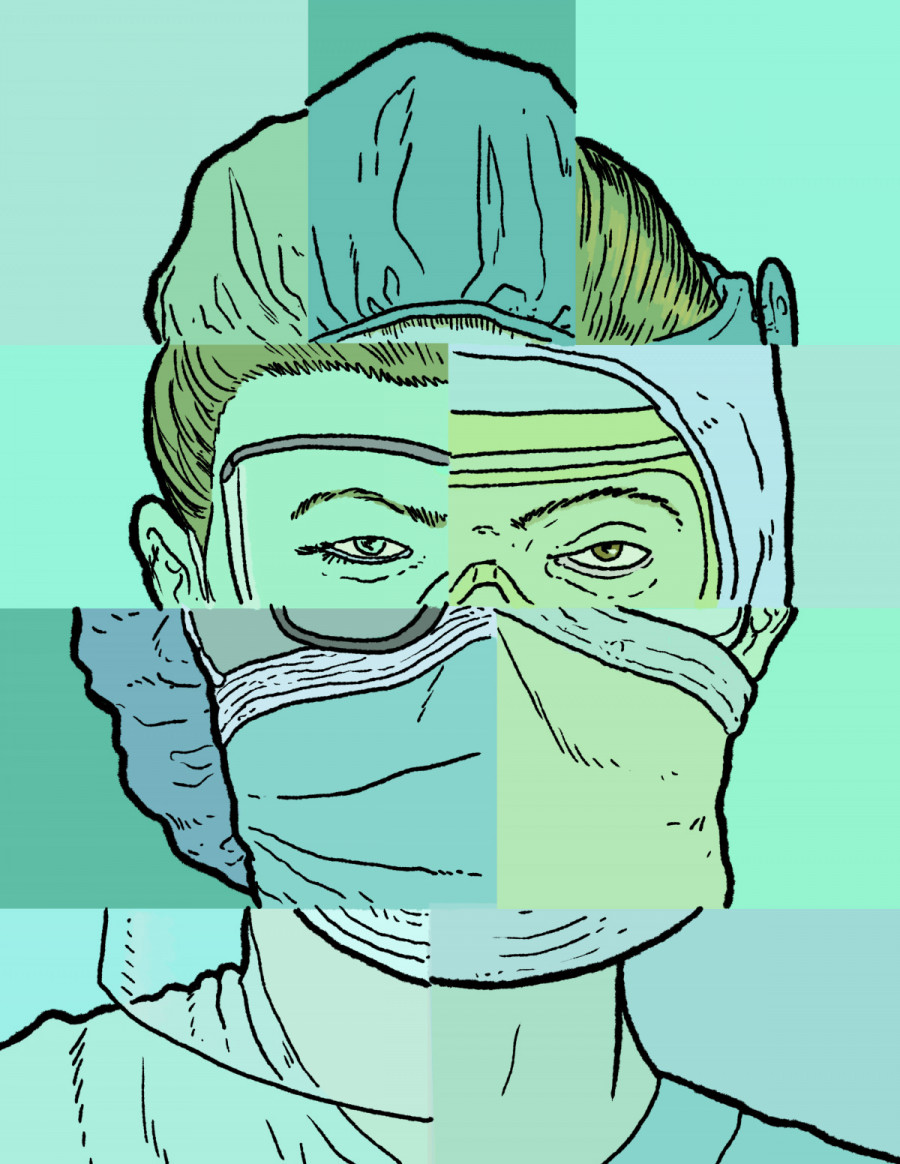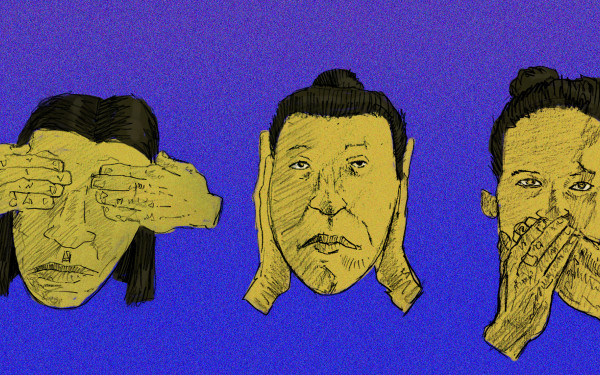What healthcare workers think about anti-lockdown protests
Realities of mental health not lost on workers, but COVID-19 remains priority
Protestors took to Dorchester Square in Downtown Montreal on Nov. 29 to protest COVID-19 lockdown measures focusing on its mental health repercussions. The Link spoke to the organizers and got their perspective. Now, The Link has spoken to several healthcare workers and gotten their perspectives on the anti-lockdown protest.
Read more: Protestors come together against COVID-19 confinement measures
Vanessa Morin is a full-time nurse clinician who works at the Montreal Children’s Hospital. She understands that some people are frustrated, experiencing pandemic fatigue, and miss their families—but she thinks protestors are elongating something that isn’t under control by choosing not to follow public health guidelines.
“You can protest all you want but we have to do what’s best for the safety of the population,” Morin said. However, She thinks protestors should protest against specific measures that have been implemented incorrectly. She highlighted the schools in Montreal that allowed students to not wear masks, which resulted in COVID-19 outbreaks.
Montreal’s public health director Dr. Mylène Drouin said that schools were responsible for most of Montreal’s 236 active COVID-19 outbreaks on Oct. 30. “It’s really in the school setting that we are seeing the greatest increase in the number of cases and the number of outbreaks,” Drouin said in early November.
“I have anxiety and depression. I can relate to people who are suffering from those things,” Morin said. Isolation can be detrimental to people’s mental health, but she still thinks there needs to be a compromise.
During a depressive crisis this past June, Morin visited her mother on a regular basis but wore a mask and respected social distancing guidelines throughout her visits.
“I think mental health is equally as important as COVID-19,” Morin said. “Right now, we’re in an abnormal time but things will change and we will push through.”
“You can protest all you want but we have to do what’s best for the safety of the population.” —Vanessa Morin
“We had a situation in our workplace today where three out of five nurses were crying. I’ve never seen them cry before,” she said about how her colleagues are struggling at the moment.
Melinda Krug is an occupational therapist who works at the Montreal General Hospital. She understands that people are frustrated but she thinks the least people can do is follow health guidelines such as wearing masks and social distancing. She is angry at those who did not follow guidelines and blames them for not being able to see her family this Christmas. She said this most recent development has “crushed everybody's spirits.”
Alexandra Cossette is a nurse’s assistant who works privately and finds clients through Care.com and Kijiji. “The last global pandemic was in 1918 and it’s the first time any of us are living through this,” Cossette said.
Ideally, she would like to prioritize both the virus and mental health. In reality, she thinks as long as the pandemic persists, there will be a mental health decline as well. However, she thinks we need to overcome COVID-19 first before focusing on its mental health repercussions.
Felicia Ghazali works in a residence for people who suffer from AIDS and drug addiction. She’s also currently studying to become a nurse. “People are politicizing a public health issue,” she said. For her, public health isn’t an ideology that’s meant to be debated.
In regards to the anti-lockdown protests last weekend, Ghazali thinks focusing on mental health is valid and something that should be considered. She sees the value of people coming together during a hard time but thinks it’s ultimately putting people’s health at risk.




_600_375_90_s_c1.jpg)
_600_375_90_s_c1.jpg)

